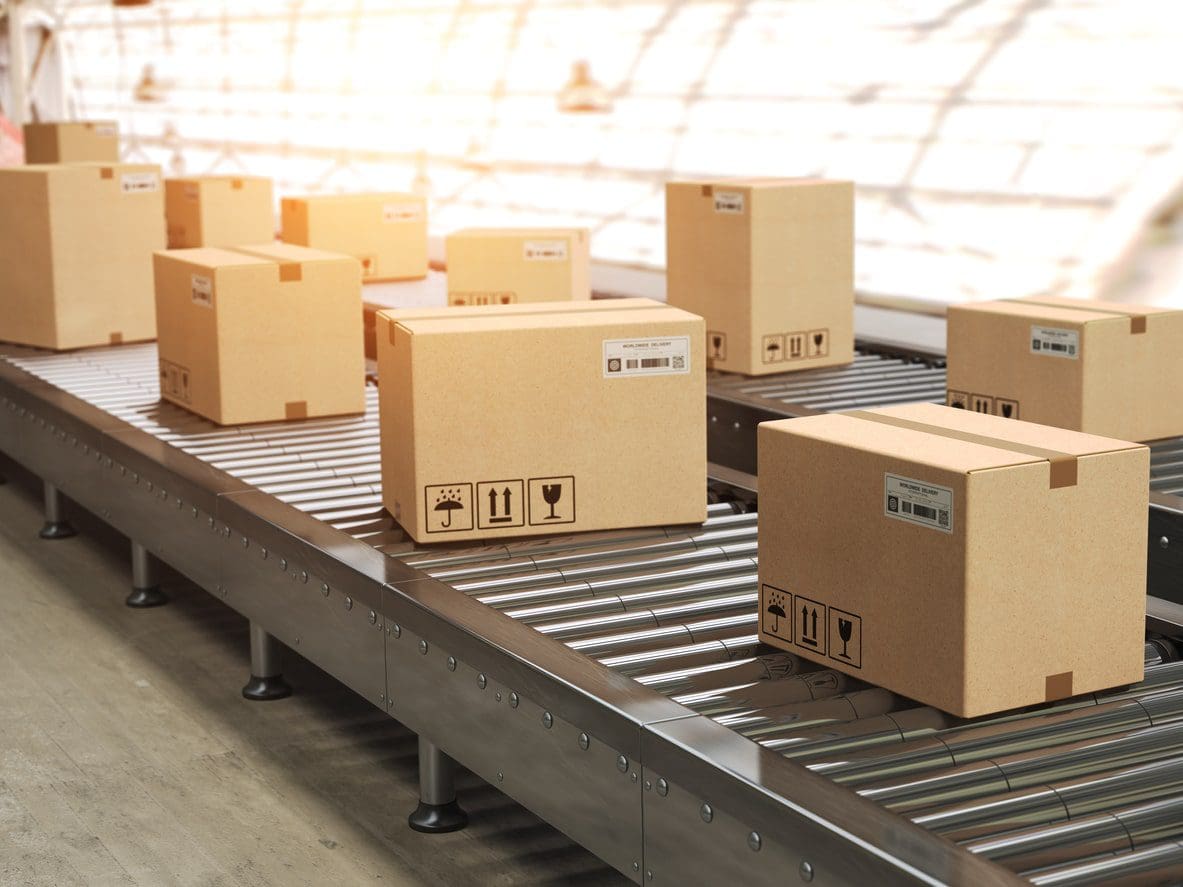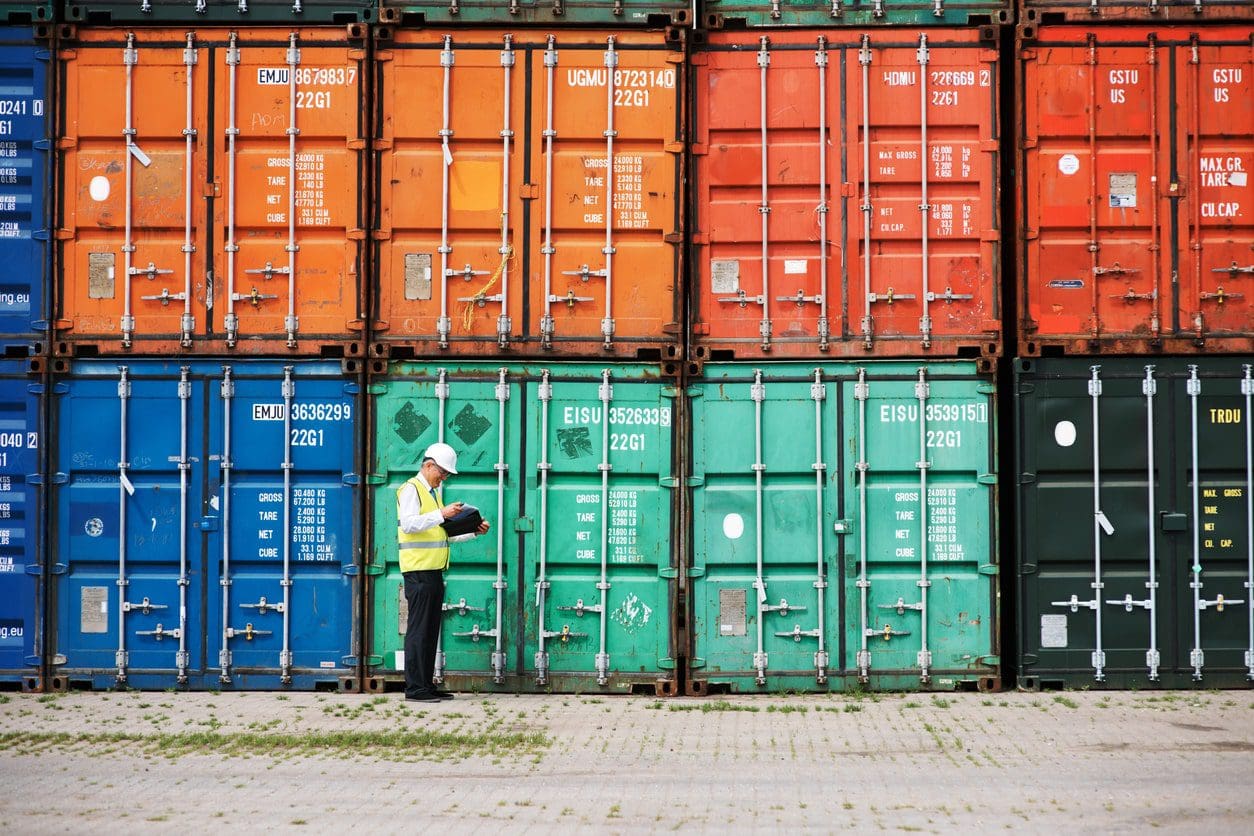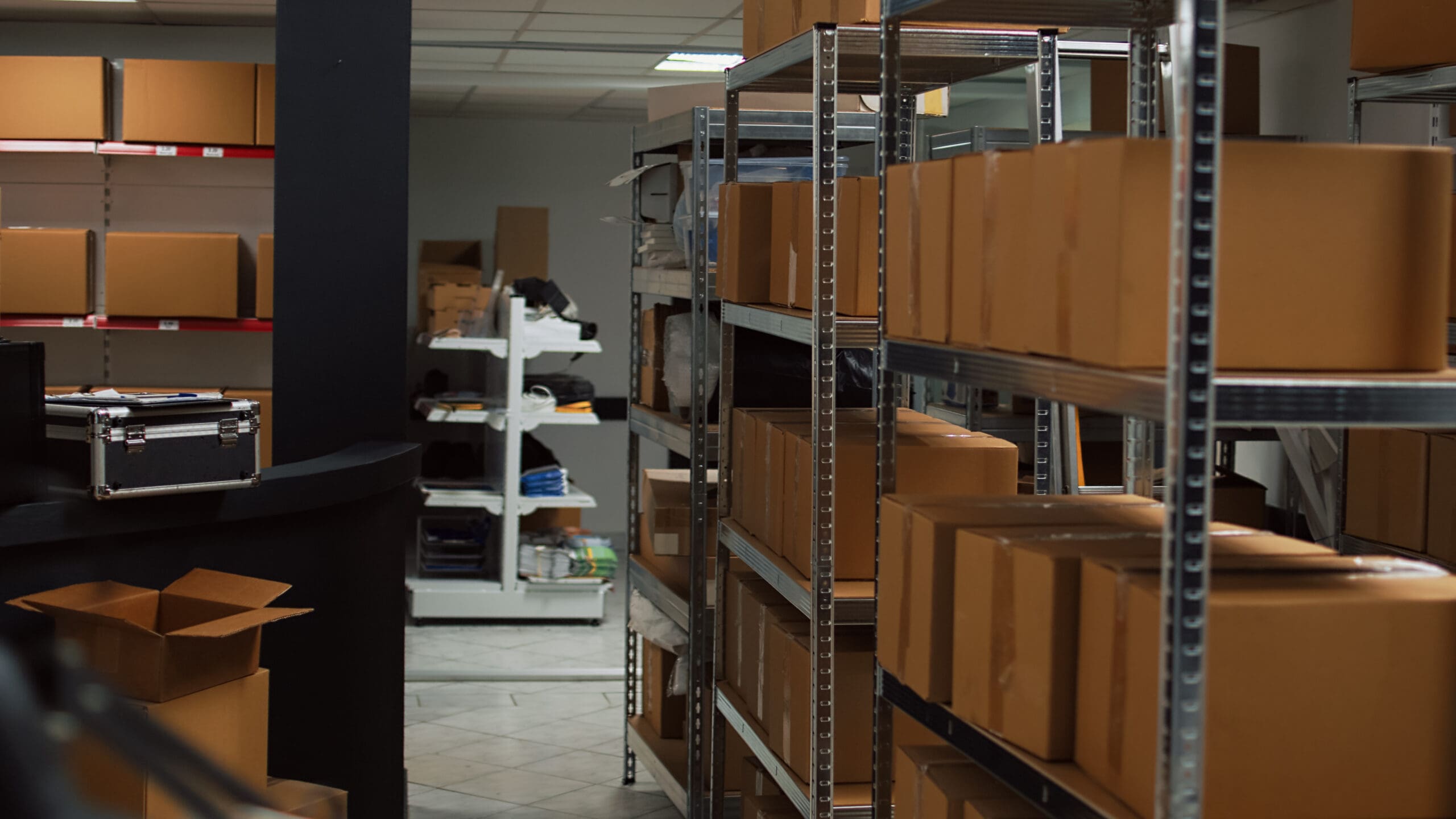In the midst of the global pandemic, businesses – even those with the strongest cash flow – face varying levels of uncertainty brought about by current economic conditions. As a business owner, the type of financing assistance you apply for will have a lasting effect on the future of your company. It’s important to equip yourself with the necessary knowledge about the different capital options available to you and other creative ways to address your business’ cash flow shortage.
If your business deals with the distribution of a large number of goods or the sale of goods or services directly to the end-user, then you clicked the right article. Let’s talk about wholesale and retail financing for businesses.
What is wholesale finance?
Wholesale financing is the practice of using a company’s assets as leverage to be able to borrow additional capital for a wholesale business. This type of asset-based lending addresses recurring cash flow concerns as well as provides a business with enough cash on hand to fund an expansion project, hire extra personnel to meet seasonal demand, or accelerate marketing. Wholesale financing can also be used to improve a wholesale business’ purchasing power when buying large amounts of goods and materials for resale. Like most business loans, note that you may have to pledge an asset as collateral in order to secure financing.
From agriculture to the garments industry, wholesale financing is a great funding option for a wide range of industries. Whether you are trying to acquire more funding for a new warehouse or a new product line, wholesale financing can help you cover sizable purchases without hurting your business’ regular cash flow.
What are wholesale loans? Is it different from wholesale financing?
Financial jargon, from the outside looking in, can be confusing to say the least. In business, wholesale financing, wholesale lending, and wholesale loans all refer to loan products available to wholesale companies for various types of expenses. Regardless of the type of products you sell, having access to additional capital is important for any growing business with quickly evolving needs. Having enough working capital gives a company the much needed financial flexibility to meet short-term or long-term business goals.
What are the pros and cons of wholesale finance?
To determine if wholesale financing is right for your business, it’s important for business owners to equip themselves with enough knowledge about the different benefits and drawbacks of this type of financing. Let’s discuss the pros and cons of wholesale financing.
Pros
- If your business consistently posts strong sales, wholesale financing may be faster and easier to obtain compared to other conventional loans.
- Wholesale financing helps increase a business’ cash flow – enabling it to better manage operational expenses and other cash flow needs.
- Wholesale financing enables businesses to purchase mass amounts of inventory and take advantage of bulk purchasing at a lower cost.
- The borrower can decide when and how to use additional cash acquired from wholesale financing.
- Borrowers may take out a term loan or a line of credit depending on their business’ current financial needs.
Cons
- Wholesale financing may be difficult to qualify for depending on the current state of your financials.
- Borrowers should be wary of hidden fees and other charges.
Why consider a wholesale business loan?
As a business owner, growing your operations and increasing your bottom line are some of your most important yearly goals. As the saying goes, you need to spend money to make money. A wholesale business loan enables wholesalers to purchase a significant amount of goods for resale. This cash injection gives businesses an opportunity to take advantage of buying in bulk – allowing them to save money as opposed to buying in smaller quantities. A wholesale business loan can also provide a financial cushion for businesses to restock inventory, expand product lines, and support other operational expenses.
How do I apply for a wholesale loan?
When it comes to loans, requirements and qualifications depend on your prospective lender. Most traditional lenders often require a plethora of documents for review while non-traditional lenders such as online lenders have more flexible qualifications. Typically, the process looks like this:
- A business submits an application and provides the necessary documents required by the lender.
- The application goes through a review process where lenders analyze the documents provided. Lenders may also require further documentation to supplement the loan application.
- After the review process, lenders would usually require a borrower to commit to an agreement before proceeding to perform due diligence. This lessens the risk for lenders when appraising the collateral pledged by the borrower.
- If everything looks good after the due diligence process, funds will be provided as soon as possible.
- As for paying back your loan, repayment terms depend on the type of asset-based financing you applied for. For instance, if you chose a term loan, you would have to pay back the money you borrowed, including interest, over a set period of time. On the other hand, if you opted for a business line of credit, you only have to pay for the amount you borrowed and the agreed-upon interest that comes with it.
Disclaimer: This is by no means a comprehensive step-by-step list of a wholesale loan application as the application process depends on the type of lender and the type of loan you are applying for.
What is retail finance?
As the name implies, a retail business loan is a product offered by a financial institution geared toward retail businesses. Retail financing can be used to maintain, manage, or expand a retail business. From covering emergency expenses to taking advantage of the bulk pricing of goods, a retail business loan can be used for a variety of purposes. It can also provide financial support that businesses need to grow and expand.
What are retail loans? Is it different from retail finance?
Retail financing is a catch-all term used to describe loans specifically designed to meet the financial requirements of retail businesses. A retail loan can be secured or unsecured. Secured business loans involve a borrower putting up collateral which the lender may seize in case the borrower defaults on the loan. Unsecured retail business loans, on the other hand, are not backed by collateral. However, since unsecured loans do not require collateral backing, borrowers may encounter higher interest rates and a shorter payment period.
What makes retail financing great is that it can be used by retailers for a plethora of purposes. This type of financing option can be used by businesses to restock inventory, hire more employees to meet seasonal demand, invest in marketing efforts, upgrade machinery and equipment, or finance unforeseen expenses.
What are the pros and cons of retail financing?
Here are some of the pros and cons of retail financing:
Pros
- Can be used to pay for a wide range of business expenses
- Strengthens a retail business’ cash flow
- Competitive interest rates
- There are a variety of lenders that offer retail financing for small businesses
Cons
- May require collateral
- May be difficult to qualify for if you are a new business
Why consider a retail business loan?
A business’ working capital may become erratic due to the general nature of the retail industry. Here are some of the most common reasons why retailers consider a retail business loan:
- Purchase inventory – Without sufficient inventory, how will a retailer meet customer demand? Retail business loans can help cover costs for purchasing additional inventory, especially in peak shopping seasons.
- Manage cash flow – A retail business loan helps promote good cash flow management. This ensures that your business has enough outgoing cash to pay for business expenses.
- Invest in new technology – Investing in technology that will add value to your business is always a good idea. Technology can play a key role in boosting a business’ productivity and automate certain tasks to reduce labor-intensive work.
- Hire seasonal help – A retail store business loan should be able to cover seasonal business expenses such as hiring seasonal help to ensure that your store is operating seamlessly during busy seasons.
How do I apply for a retail business loan?
Unfortunately, there is no single best method when applying for a retail business loan. Your loan application will heavily depend on the type of loan you are trying to acquire, what industry you’re in, and the type of asset(s) you are willing to put up as collateral. Generally, expect your lender to take a look at your credit history, debt-to-income ratio, cash flow, bank statements, as well as other relevant financial documents that would support your loan application.
Wholesale Loan vs. Retail Loan: What Is the Difference?
With so many different lenders and loan programs available in the financial market, it’s difficult to keep track of which type of loan may apply to you. When it comes to wholesale and retail loans, the biggest difference lies in accessibility. Wholesale loans are provided to third-party correspondent lenders such as banks and credit unions while retail loans are developed by a financial institution and can be provided directly to the borrower.
Are there alternative financing options for wholesale and retail financing?
What if we told you that you have another option for your funding needs? Retailers, wholesalers, and anyone starting a business dealing with large amounts of inventory would benefit from exploring the many benefits of KickFurther. Kickfurther applies a unique twist to the crowdfunding phenomenon for wholesalers and retailers that want to raise money to purchase additional inventory.
Kickfurther helps you grow with inventory fundraising from your supporters and fans. When you sell your inventory successfully, you pay your buyers, not the bank. Simple, right? If you want to know more about Kickfurther, visit their website at www.kickfurther.com.
Conclusion
At the end of the day, you – as the business owner – will be the best person to determine what type of loan makes the most sense for your business. While it’s true that there are plenty of financing opportunities to choose from, the most important thing is to know what your business needs as well as the differences between the various loan products that you can qualify for. In doing so, not only will you be able to choose the best financing for your business but you will also save money in the long run.









